2020 guidance on management of coronavirus disease 2019 (COVID-19) by the Infectious Diseases Society of America (IDSA)
from WebMD Health https://www.webmd.com/lung/news/20200430/idsa-guidelines-for-management-of-covid-19-2020?src=RSS_PUBLIC
International Medical News Latest health News ,health tips health and wellness health news health and fitness health style
2020 guidance on management of coronavirus disease 2019 (COVID-19) by the Infectious Diseases Society of America (IDSA)
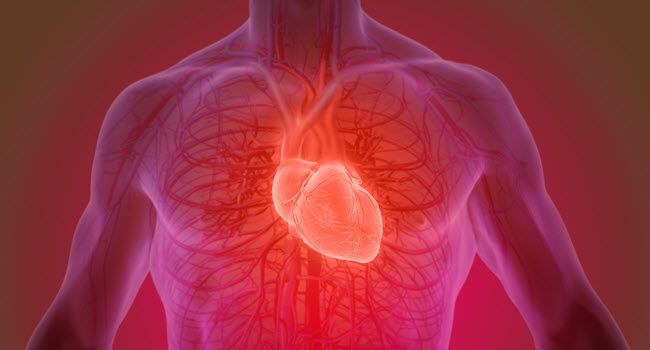
Fewer heart attack and stroke patients are seeking medical care since the coronavirus pandemic began and doctors are wondering why.

A roundup of the latest news about COVID-19
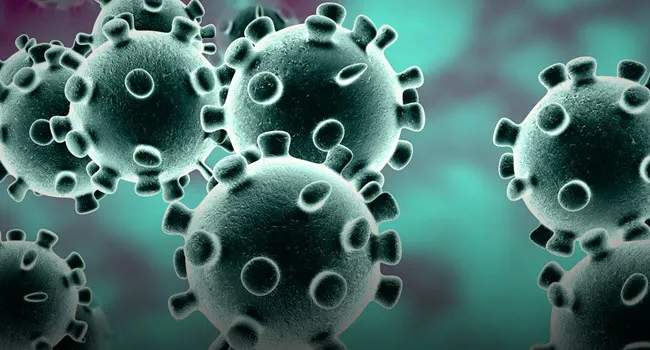
Clear plastic face shield, already in use by many health care personnel, may be an alternative to face masks.

Researchers examined Google search patterns following President Donald Trump's public embrace of the malaria medications hydroxychloroquine and chloroquine as treatments for COVID-19.

Disappointing results emerged from the first gold-standard clinical trial for remdesivir, which found that the drug did not help patients in China with severe COVID-19.
For some experts, the comparison between HAPE and COVID-19 is potentially risky.
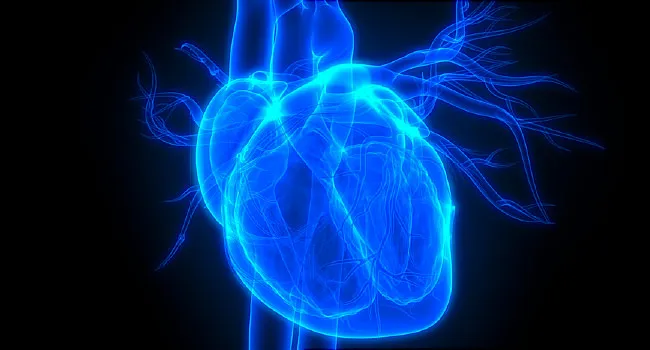
Some kids with COVID-19 infections have developed Kawasaki disease, a condition that can trigger serious heart problems.
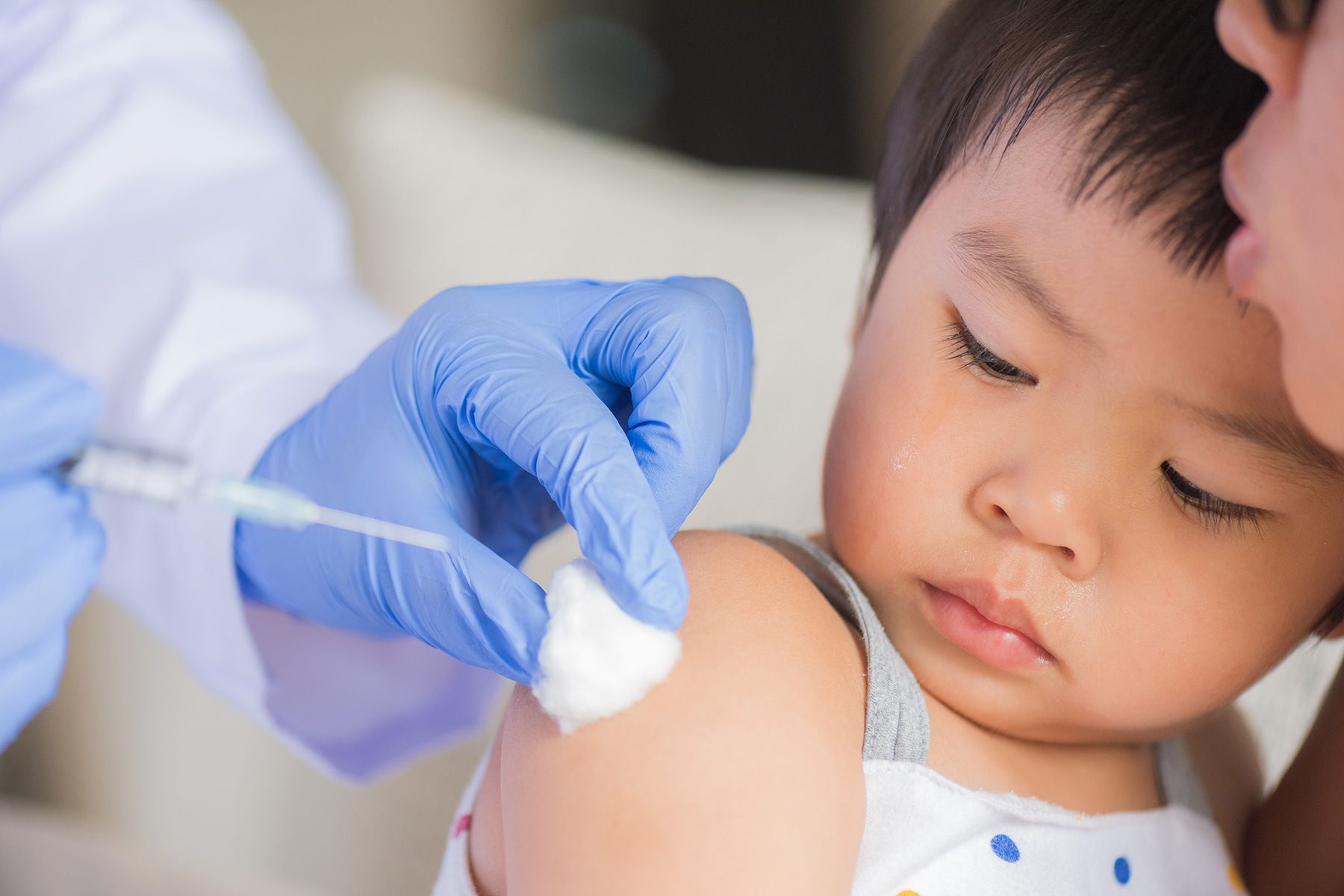
Childhood vaccination rates have plummeted, leaving millions at risk for other life-threatening illnesses.
Information about chest imaging findings in children with COVID-19 pneumonia is scarce, but a new consensus statement sheds light on use and interpretation.
Many resident physicians in programs across the US face life-threatening mistreatment as they work long hours treating some of the sickest patients.
These are the coronavirus stories you need to know about today.
Some hospitals changed their use of hydroxychloroquine for patients with COVID-19 long before the FDA's recent warning about the drug's risks.
A physician shared his early successes with an alternative approach to ventilation for COVID-19 patients. But many are wary of abandoning decades of research-backed practices for this new approach.
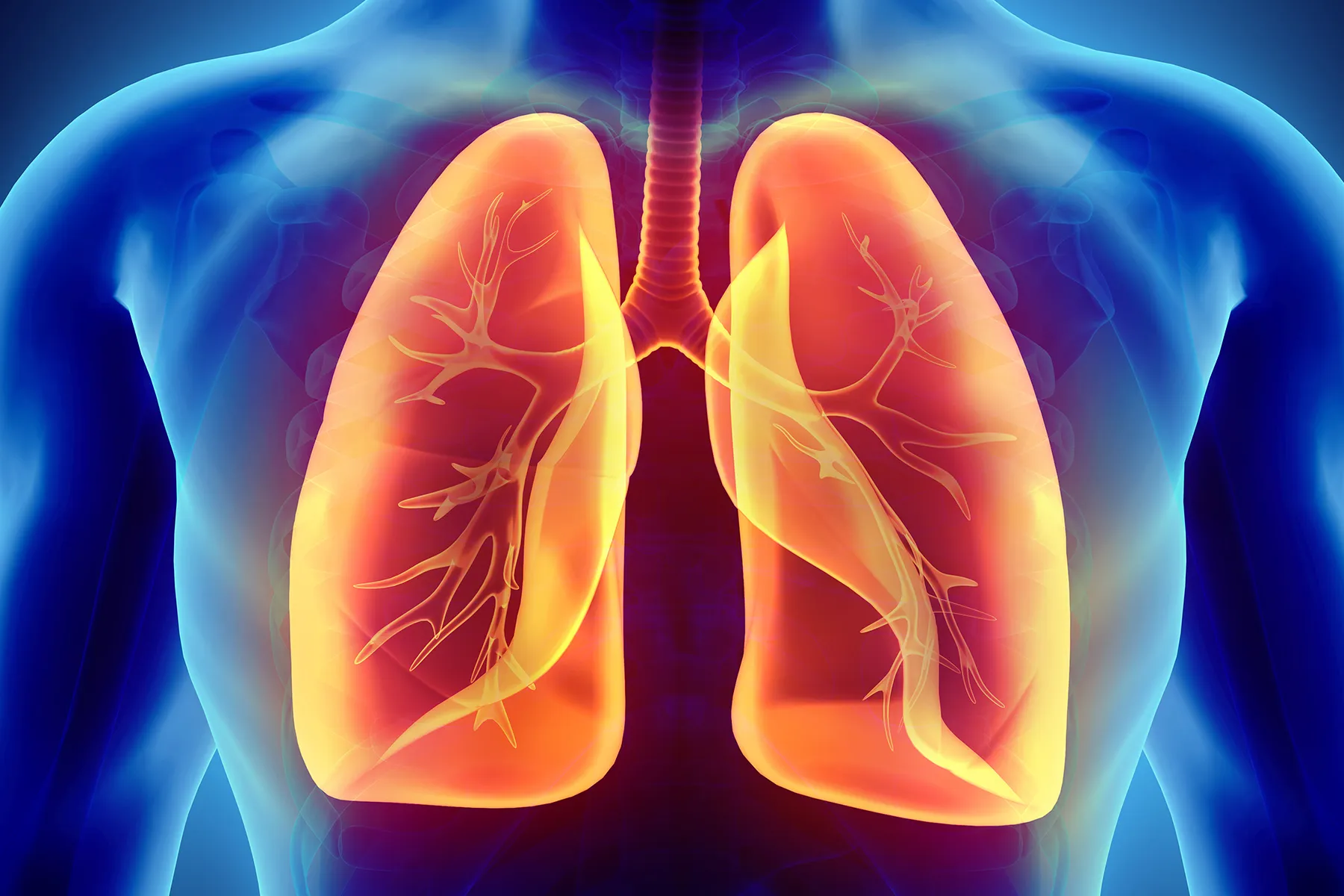
Patients with a BMI of 35 or higher were twice as likely to be admitted to the hospital and three times as likely to end up in the intensive care unit.
Experts hope researchers will study the impact of the pandemic on patients with substance use disorders.
The PPE worn during COVID-19 is a double-edged sword — it helps fight transmission of the virus, but can also harm the skin of the healthcare providers who must wear it for prolonged periods of time.
A high early mortality rate among COVID-19-infected kidney transplant patients brings one New York hospital's transplantation program to a temporary halt.
Calls to a mental health crisis hotline in NYC have soared during the COVID-19 pandemic, which has closed schools and businesses, put millions out of work, and ushered in stay-at-home orders.
The strategy to filter out virions from infected plasma has been tested with the Middle East respiratory syndrome coronavirus. Why not consider it for SARS-CoV2, asks nephrologist Tejas Desai.
With up to a 50% higher mortality rate for COVID-19 in those with diabetes, experts offer 'practical recommendations' for glycemic management, medication use, and other considerations.

Financial struggles, loss of control, or worries about loved ones can affect peoples' quality and duration of nightly sleep, said sleep psychologist Emerson Wickwire, an associate professor of psychiatry and medicine at the University of Maryland School of Medicine.
Frustration with the MOC process led cardiologist Paul Teirstein to found NBPAS. Since then, he has had numerous requests to help physicians organize, which he has resisted -- until now.

A roundup of the latest news about COVID-19
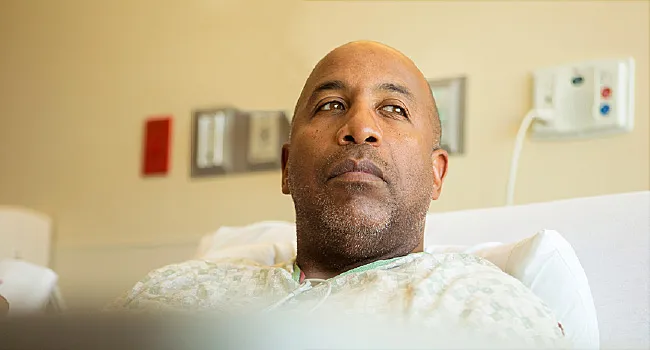
New research adds to a growing body of evidence that suggests men are far more vulnerable to severe COVID-19 than women are.

For many COVID-19 patients battling for their lives in the ICU, a runaway immune system response -- known as a "cytokine storm" -- is their primary foe.

Evidence suggests that slow, sustained exposure to peanuts under a doctor’s care may cut the odds of an accidental reaction down the line in kids and adults.
New reports show handheld and ambulatory ECG monitors can keep tabs on patients with COVID-19 taking drugs that prolong the QT interval, while medicine puts a spotlight on this tell-tale ECG sign.
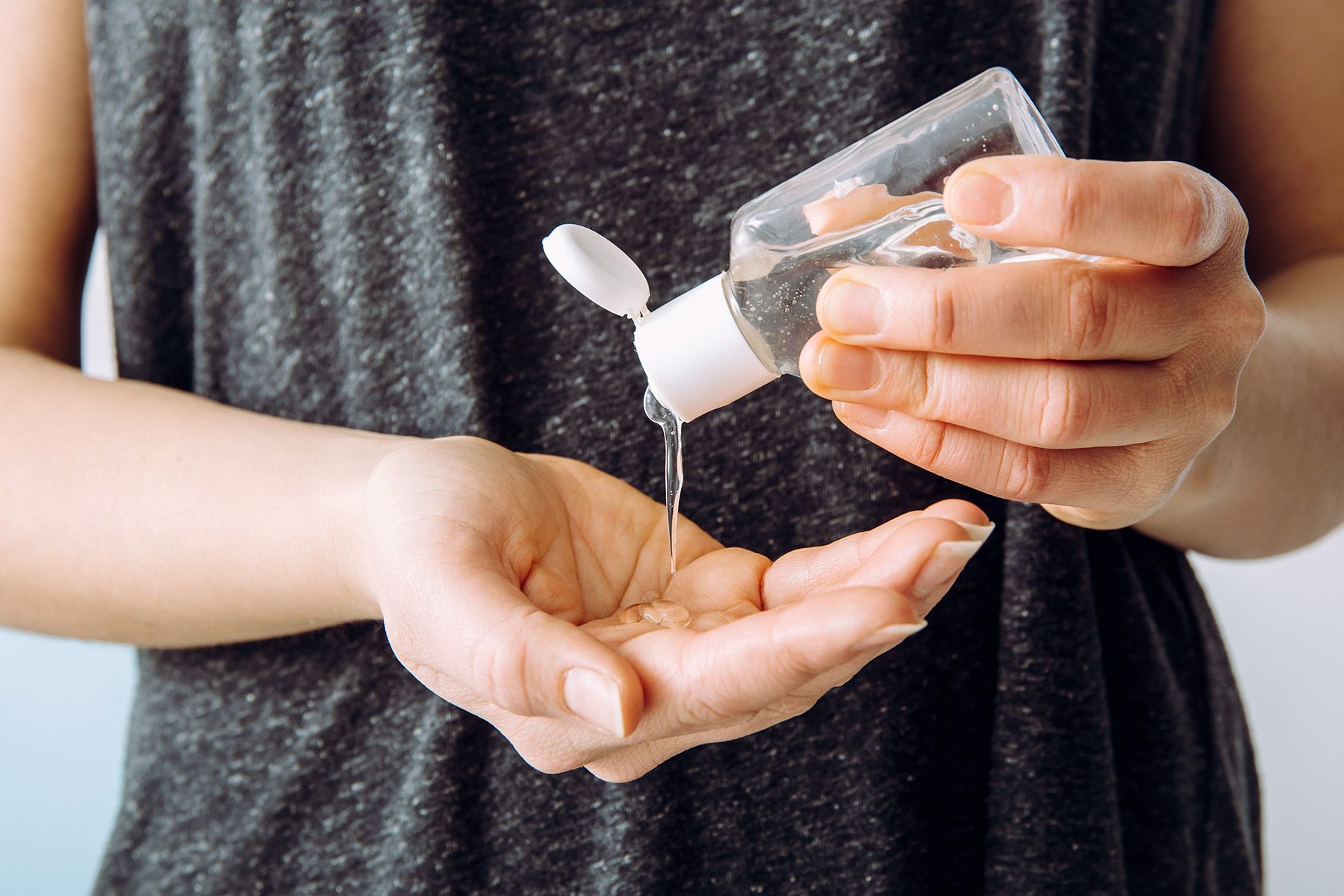
In one recent study, researchers from China tracked 94 COVID-19 patients and found that they shed the most virus -- and were likely the most contagious -- just before or as they developed symptoms.
These are the coronavirus stories you need to know about today.
After an ob/gyn posted a video showing healthcare workers lined up for free acai bowls — standing close together and without masks — one southern California hospital took away her hospital privileges.
Because of stark racial disparities in infection and mortality, COVID-19 is being called a 'sentinel' and 'bellwether' event that should push the US to finally come to grips with disparities in healthcare.
CMS also said it is re-evaluating how much it will pay for pending accelerated-payment applications, with $175 billion in other funding becoming available for the medical community.
Healthcare professionals around the world are finding ways to honor the lives of patients who die and take part in some self-care, which is particularly important during this time of crisis.
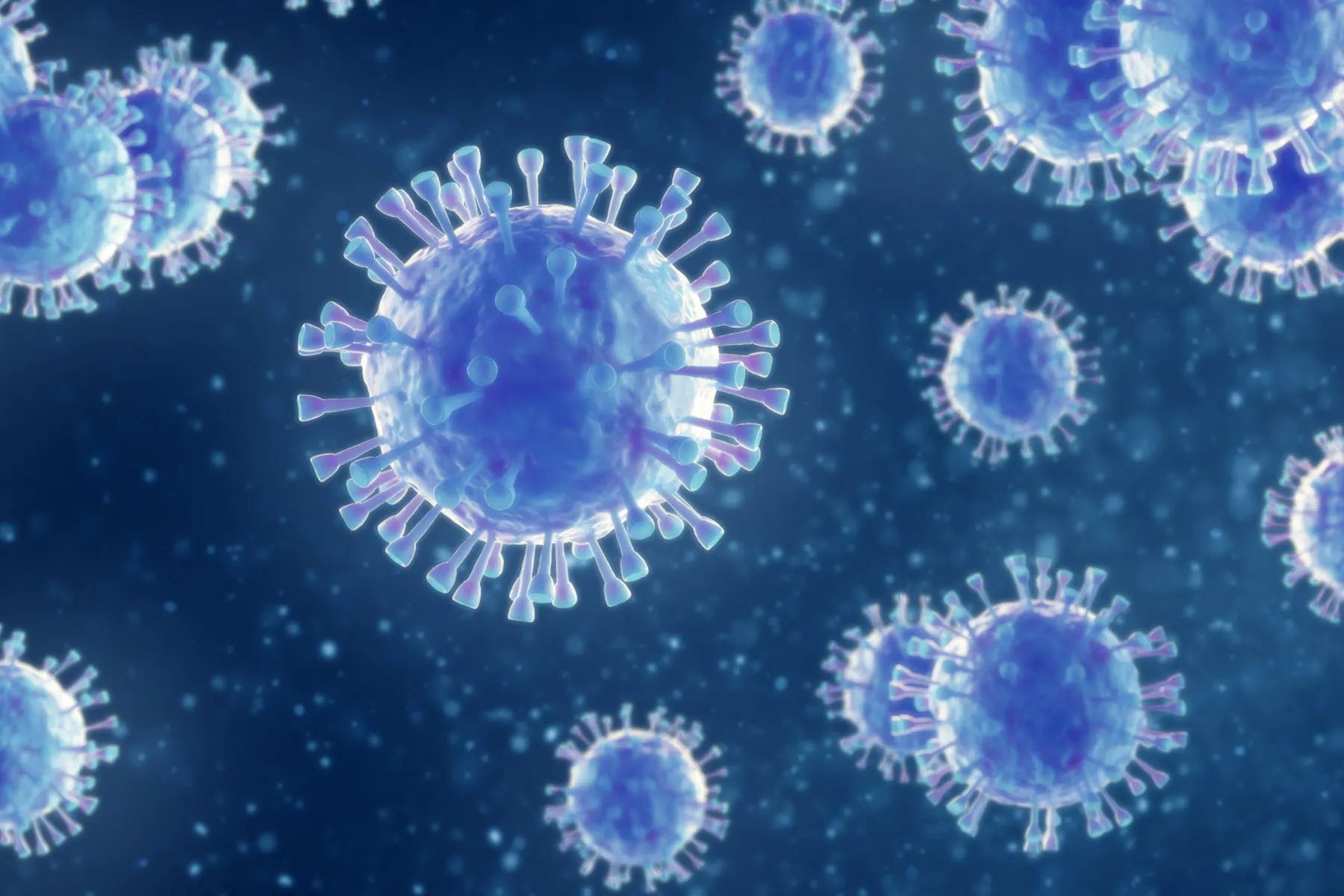
The mother, father and son in the home also tested positive for the coronavirus, but another family dog and cat didn't test positive, CBS News reported.
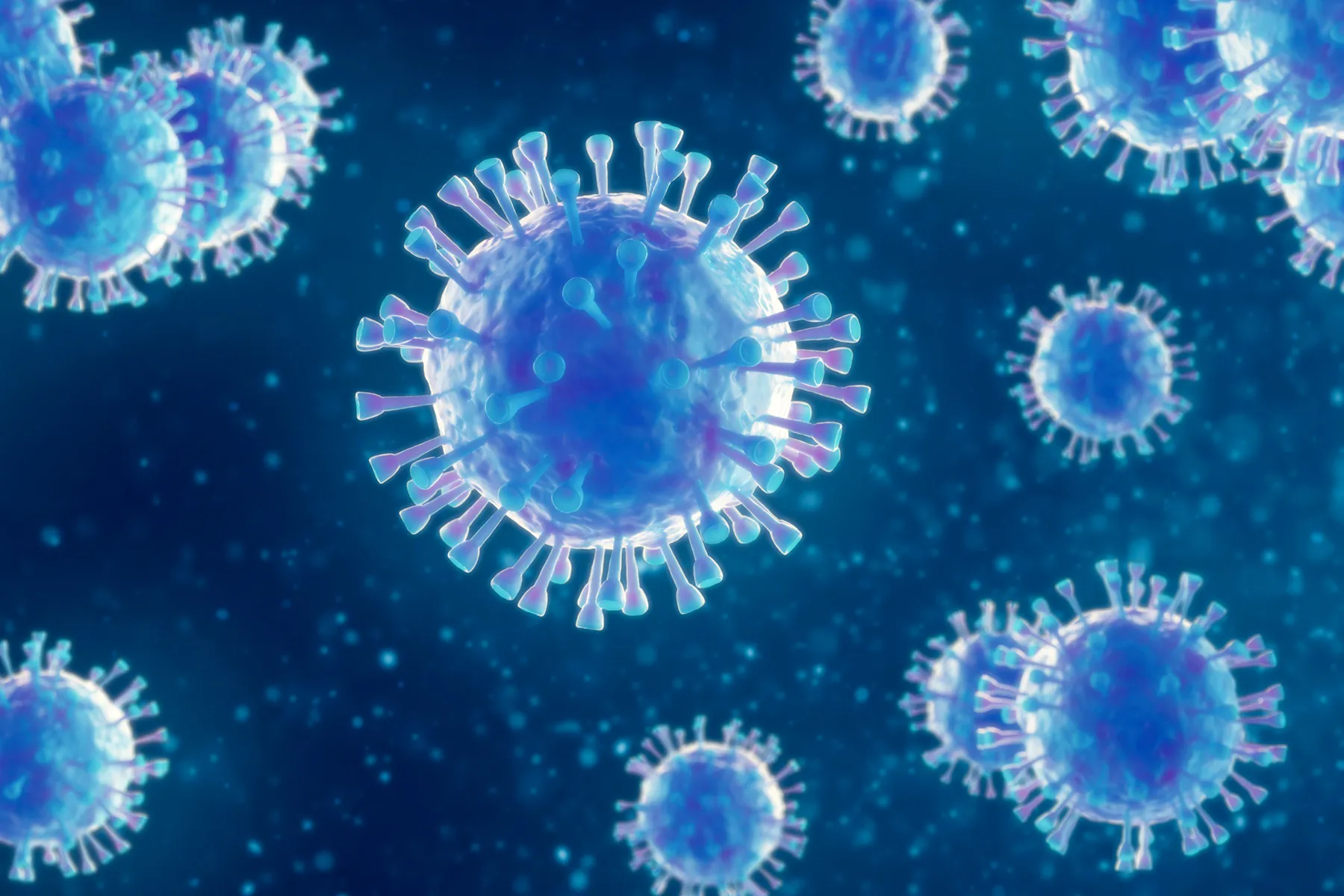
Some researchers in places as far-flung as Montana, Paris, and the Netherlands are measuring levels of the coronavirus in untreated sewage to see how much the infection is circulating among people.
2020 Fleischner Society consensus statement on the role of chest imaging in patients with COVID-19
Of asymptomatic thyroid nodules, 90% are benign. Delaying fine needle aspiration biopsies, the 'standard bread and butter procedure for endocrinologists,' is best option during pandemic.
International guidelines on radiation therapy for patients with breast cancer during the COVID-19 pandemic.

To help extend the useful life of available equipment, researchers and hospitals are turning to a long-known, if little-used, means of disinfection -- ultraviolet radiation.
With the expanded use of telehealth amid COVID-19, it's important that those who are new to it understand how to bill correctly. Coding expert Betsy Nicoletti explains.
Certain anerobic bacteria have been linked with a dramatically increased risk for colorectal cancer, often within a year of infection, but whether they actually cause CRC has yet to be determined.
These are the coronavirus stories you need to know about today.
Global health leaders, including Dr Anthony Fauci, see no end to the COVID-19 pandemic without a unified effort to ensure every nation has access to a vaccine.
Tufts is partnering with Medically Home to discharge some non–COVID-19 patients to hospital-level home care, freeing up beds. Certain COVID patients may follow after evaluation criteria are finalized.
There has been a massive decline in outpatient office visits as patients have stayed home — likely deferring needed care — because of COVID-19, new data show.

A roundup of the latest news about COVID-19
The 'living' guidance document is comprehensive in scope but is based on preliminary evidence that may change and mature over time with increasing knowledge.

With job losses skyrocketing because of the coronavirus pandemic, hunger is a growing issue for millions of Americans, according to a new report.

Bats and coronavirus have been evolving together for millions of years, researchers report.